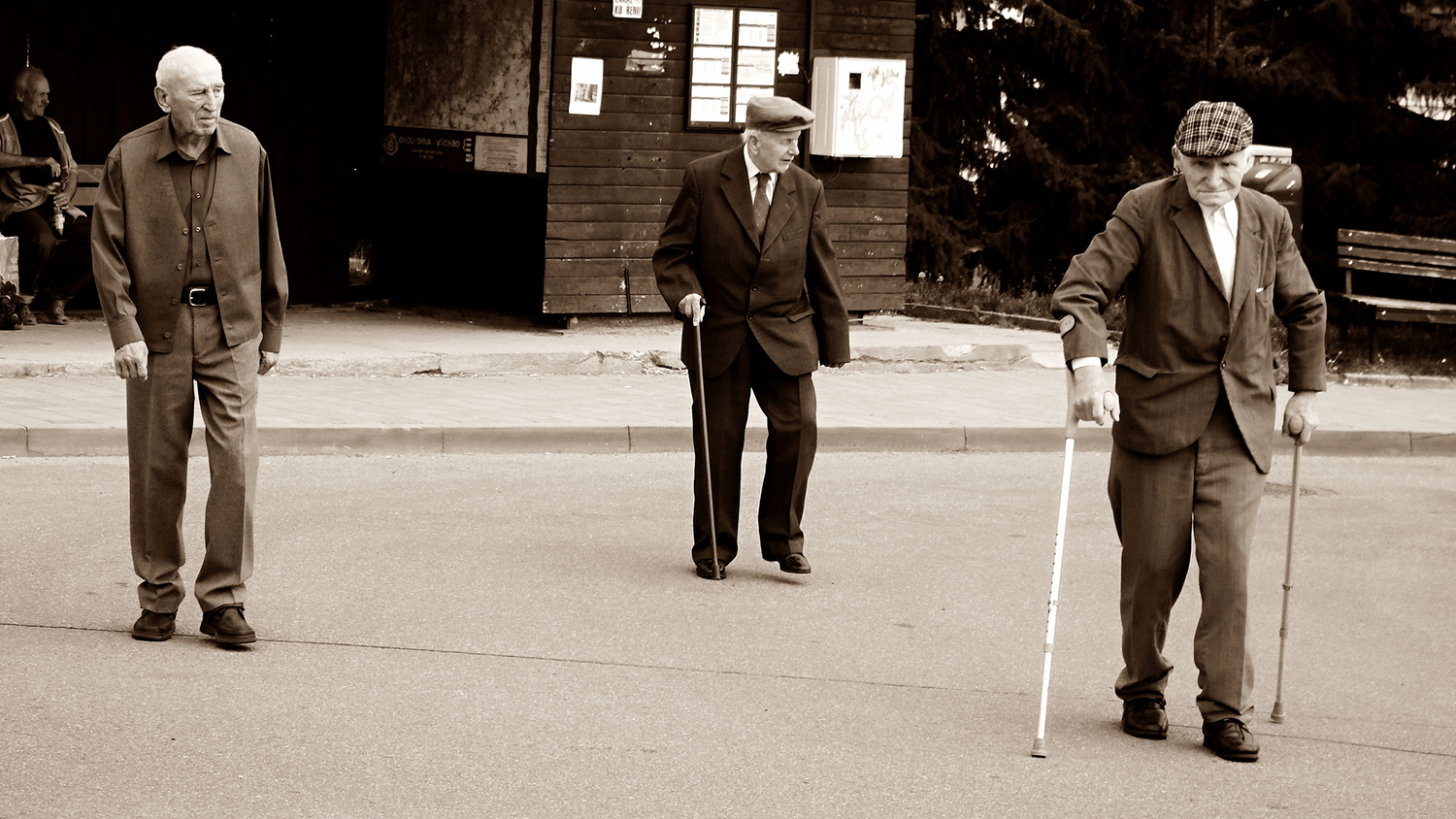Perceived Socioeconomic Status Can Affect How Old We Feel

For Immediate Release
A recent study finds that how older adults perceive their socioeconomic status influences how old they feel and their attitudes toward aging. Specifically, the lower people deem their relative socioeconomic status, the worse they feel about growing older.
“We’re not talking about actual socioeconomic status, but about how people feel their socioeconomic status compares to others in their community,” says Shevaun Neupert, an associate professor of psychology at North Carolina State University and co-author of a paper on the work.
“So, someone could be successful and affluent, but if they feel less successful and affluent than their peers, they are more likely to feel older and have more negative attitudes regarding aging,” Neupert says.
“This is important because negative attitudes about aging, and how old we feel, determine how we respond to stress and can affect quality of life – and health – in a meaningful way.”
For this study, researchers conducted an online survey of 296 adults over the age of 60 from across the United States. Study participants were asked a series of questions to assess their socioeconomic status, how they felt that status compared to others in their community, and their attitudes and experiences related to aging.
The researchers found that actual socioeconomic status, education and income, did not correspond to changes in aging attitudes. But the way people perceived their status relative to their community made a significant difference.
“We found that the effect was linear,” Neupert says. “The higher one’s perceived relative socioeconomic status, the younger people felt and the better their attitudes about aging; the lower one’s perceived status, the older people felt and the worse they felt about aging. We found this effect regardless of age, physical health, sex or race.
“In short, the urge to ‘keep up with the Joneses’ appears to have real consequences as we grow older,” Neupert says.
The paper, “It’s ‘the Joneses’: the influence of objective and subjective socioeconomic status on subjective perceptions of aging,” is published in the European Journal of Ageing. Lead author of the paper is Alaina English, an undergraduate at NC State. Corresponding author of the paper is Jennifer Bellingtier, a former Ph.D. student at NC State who is now a postdoctoral researcher at Friedrich Schiller University Jena.
-shipman-
Note to Editors: The study abstract follows.
“It’s ‘the Joneses’: the influence of objective and subjective socioeconomic status on subjective perceptions of aging”
Authors: Alaina N. English and Shevaun D. Neupert, North Carolina State University; Jennifer A. Bellingtier, Friedrich Schiller University Jena
Published: May 12, European Journal of Ageing
DOI: 10.1007/s10433-018-0475-2
Abstract: Positive subjective perceptions of aging predict various well-being, physical health, mental health, and longevity outcomes. Thus, it is important to consider what factors contribute to their formation. Socioeconomic status (SES) has been hypothesized to be one such factor, but past research has been mixed. We propose that subjective assessments of SES may better predict subjective perceptions of aging than traditional objective measures (e.g., income and education). The purpose of this study was to examine the effects of objective and subjective indicators of SES on subjective perceptions of aging. Participants (n = 296) from the Mindfulness and Anticipatory Coping Everyday study were recruited with a Human Intelligence Task on Amazon’s Mechanical Turk. Participants reported on their SES (i.e., income, education, and subjective social status) and subjective perceptions of aging (i.e., attitudes toward own aging, subjective age, and awareness of age-related gains and losses). Data were analyzed via hierarchical multiple regression with demographic and health variables entered first, followed by income and education, then subjective social status. Results demonstrated that although objective measures of SES did not contribute to predicting subjective perceptions of aging, those who rated themselves subjectively higher in their community social standing were more likely to possess positive aging attitudes, younger subjective ages, more awareness of age-related gains, and fewer awareness of age-related losses. These findings suggest that perceptions of doing better than one’s neighbors (i.e., “the Joneses”) may matter more for understanding subjective perceptions of aging than objective indicators of social status.
- Categories:


